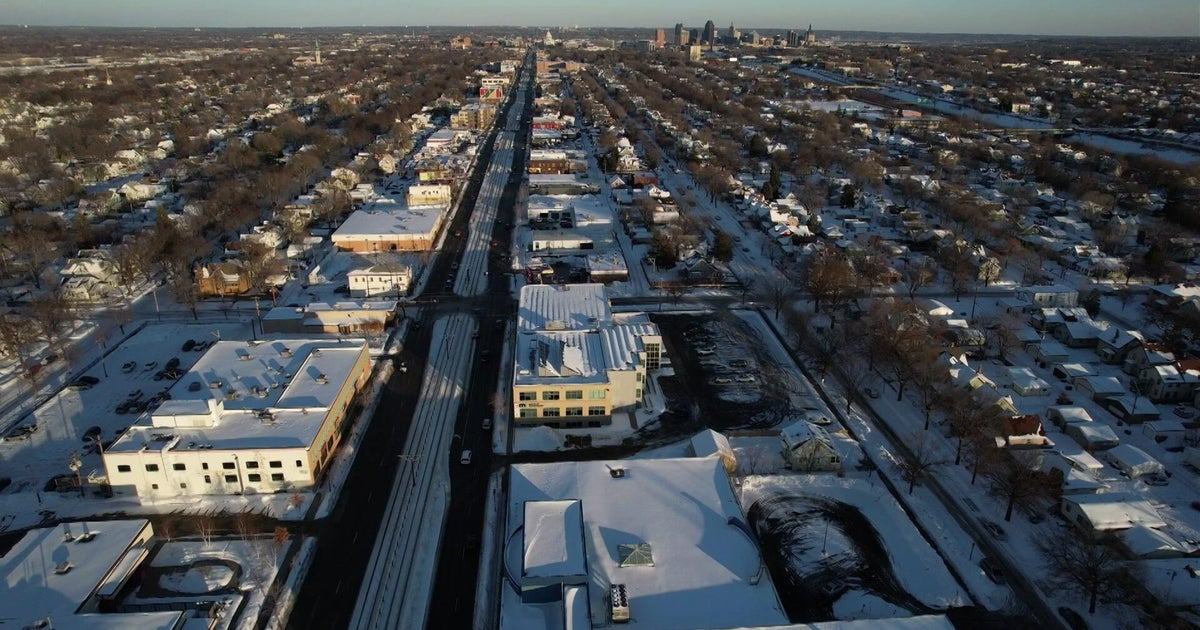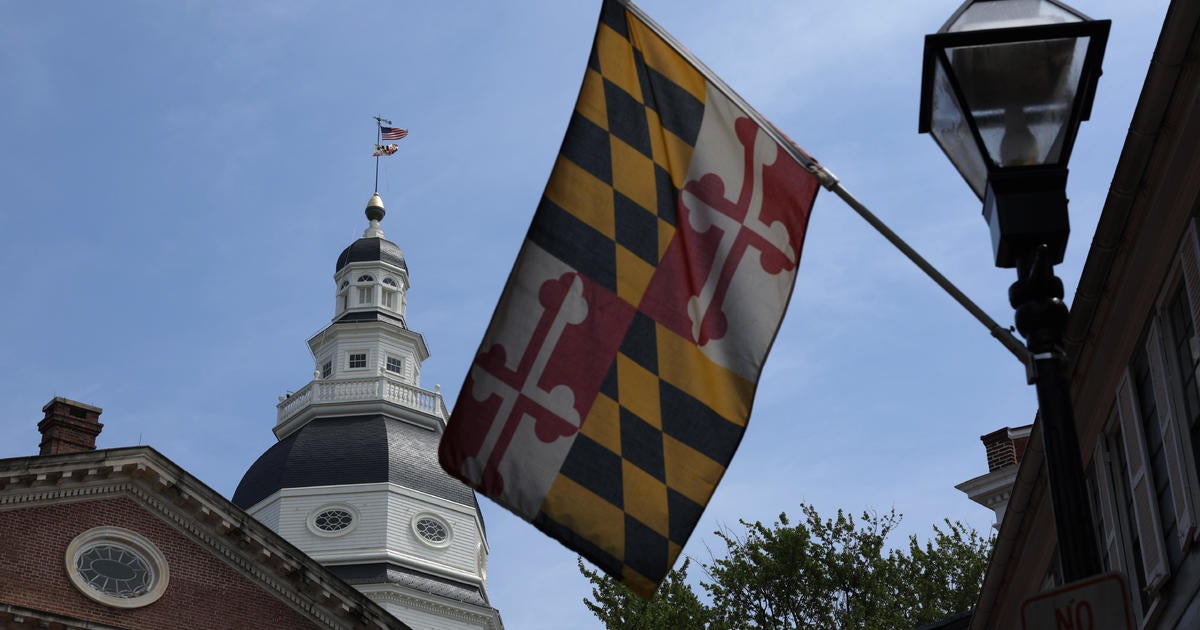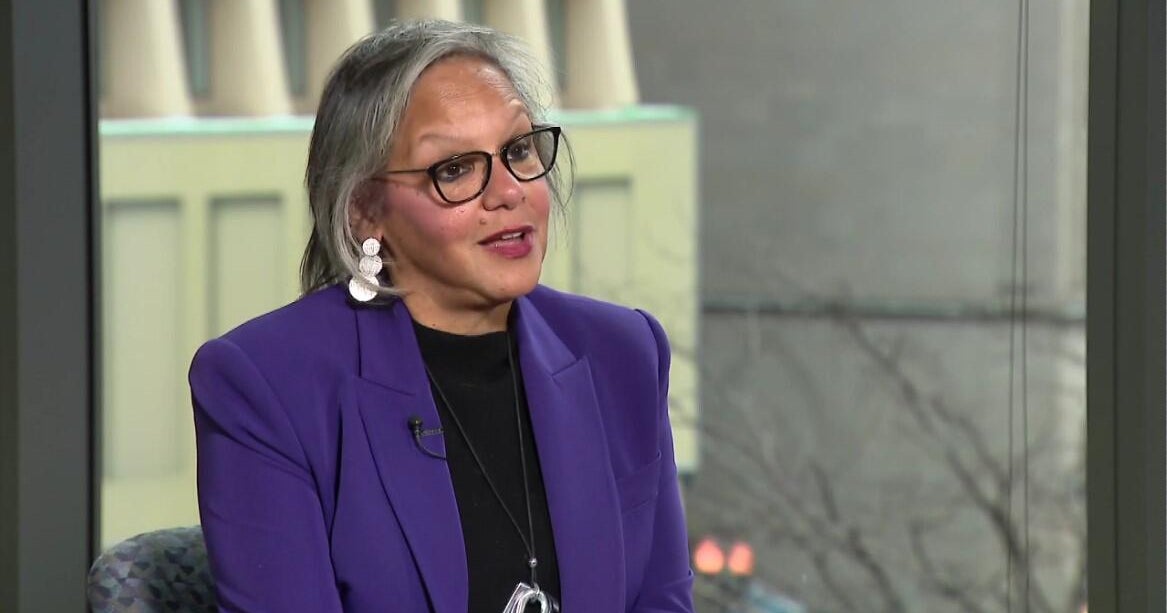K-12 Bill Clears Senate; House Debates Safety Bill
ST. PAUL, Minn. (AP) -- Lawmakers capped a week of budget debate Thursday with a Senate vote for a school funding bill shifting money away from urban districts and House approval of a crime package that toughens sex offender sentences while slashing the budget for Minnesota's anti-discrimination office.
The Republican-supported education bill takes a new approach to the state's racial achievement gap by moving money from integration aid for several large districts in favor of financial incentives for any district that can improve student literacy. It passed on a 36-25 party-line vote, but is far from the finish line.
Democratic Gov. Mark Dayton has indicated he will not sign any budget bills until he and Republican legislative leaders strike an overall deal on a budget framework that erases a projected $5 billion shortfall. His education commissioner said the governor doesn't support the Senate bill, while Democratic critics said ending integration aid in Minneapolis, St. Paul and Duluth would gut racial desegregation efforts and penalize poor and minority students the most.
"Have we really made the decision that desegregation and integration isn't a laudable goal for our schools?" said Sen. John Harrington, DFL-St. Paul.
Much of the House crime debate focused on a 65 percent funding cut to the state Department of Human Rights, which investigates discrimination complaints in housing, education, public services and employment. Human Rights Commissioner Kevin Lindsey pleaded with majority Republicans in a letter to reconsider the reduction, while House Democrats said it would worsen a persistent racial divide and other inequalities.
"What this bill really says, members, is that Minnesota -- which has an issue in discrimination in employment, the worst in the country -- is going to walk away from human rights," said Rep. Kerry Gauthier, DFL-Duluth.
The Senate schools bill freezes state spending on special education, while increasing per-pupil payments to school districts by $100 over the next two years. Sen. Gen Olson, the bill's sponsor, said she hoped a new focus on improving literacy would result in fewer students needing to be enrolled in special education programs. Olson said years of integration aid have done little to close Minnesota's racial achievement gap, which studies have shown are among the worst in the nation.
"If we can be successful in increasing reading proficiency by third grade, we will have less students having to take the special education label," said Olson, R-Minnetrista. "We need to win that one for the sake of the children."
Education Commissioner Brenda Cassellius wrote Olson that the cuts seemed targeted toward "programs that directly support children with disabilities, poor children and children of color." She said a cap on special education funding would force districts required to provide special education services to tap general education dollars to keep up with the costs -- with ensuing pressure on local property taxpayers.
The bill would also freeze pay for public school employees for the next two years, limit teacher strikes and tie future teacher pay increases in part to student performance. Democrats criticized those provisions, but Sen. Dave Thompson, R-Lakeville, said the pay freeze would help local districts avoid teacher layoffs.
"Wisconsin-style proposals that undermine collective bargaining do not belong in Minnesota," said Sen. Charles Wiger, DFL-St. Paul.
The House public safety package would toughen penalties for sex offenders found to be predatory, sentencing them to a mandatory minimum of 25 years in prison with no possibility of release. The sentences would be open-ended, at the discretion of the corrections commissioner, and could run up to 60 years.
The bill also contains cuts for the state prison system, legal services, public defenders and crime victim programs. It would require the Corrections Department to consider closing one of two juvenile corrections facilities and reduce medical costs by 5 percent while absorbing a $17 million reduction.
It passed on a party-line 71-59 vote after Corrections Commissioner Tom Roy warned lawmakers of the consequences.
"We will be left with untenable choices that will include either the early release of prisoners or closing a facility," Roy said in a letter to the bill's sponsor, Rep. Tony Cornish.
Cornish, R-Good Thunder, dismissed Roy's comments, defending the bill as a cost-effective approach to keeping criminals behind bars and law enforcement adequately funded.
"That's a scare tactic and it's not been found to be true," he said.
Democrats predicted that the crime proposal would push costs for incarceration and offender services onto county property taxes by requiring county jails to confine offenders sentenced to less than 60 days or serving the last 60 days of a sentence.
Both the Senate education bill and the House public safety proposal are headed for House-Senate conference committees to resolve differences between the two chambers' approaches.
(© Copyright 2011 The Associated Press. All Rights Reserved. This material may not be published, broadcast, rewritten or redistributed.)







